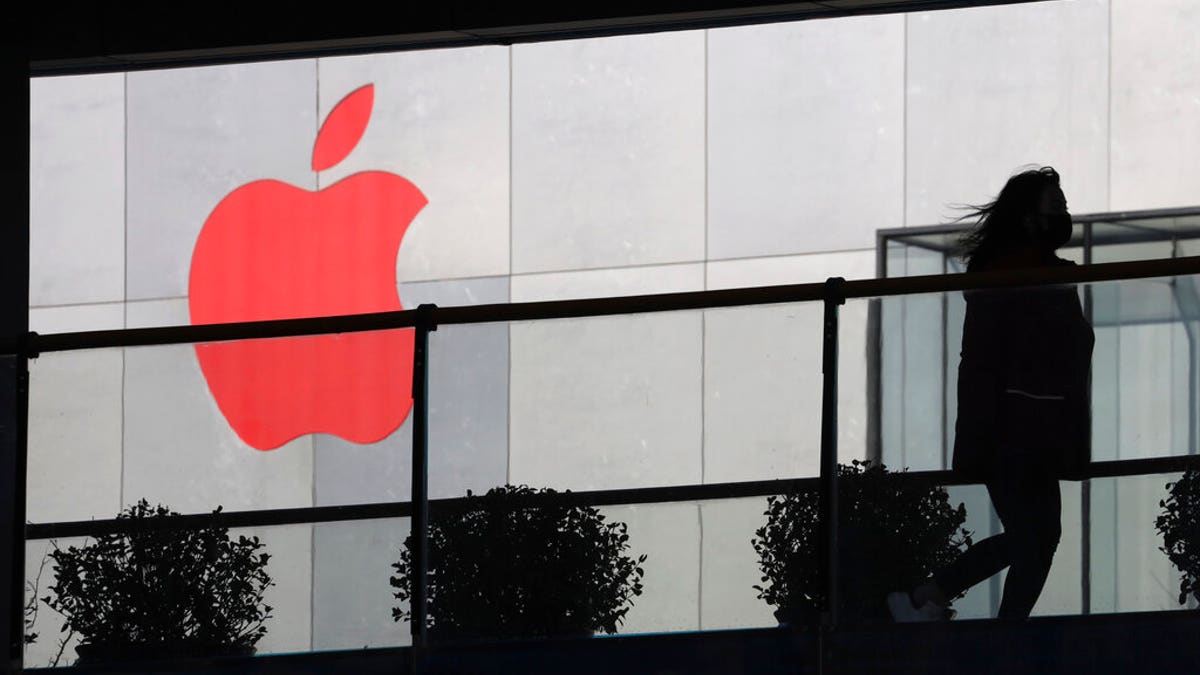Second coronavirus death reported outside Chinese mainland
A new coronavirus death has been reported in Hong Kong as health experts say the outbreak is increasingly looking like a global pandemic; Jonathan Serrie reports from Atlanta.
The deadly coronavirus, which was first reported in the Chinese city of Wuhan in December, is sending ripples across the global business community as numerous firms close their doors and employees stay home in an effort to contain the outbreak from spreading.
As the number of people infected and the death toll continue to rise, multinational businesses from supply chains to automakers to tourism and the film industry are beginning to feel the impact.

FILE: A man wearing a face mask waits for his food at an empty restaurant in Beijing. (AP Photo/Mark Schiefelbein, File)
Airlines have canceled 25,000 flights to and within China after ticket sales collapsed, according to travel data provider OAG. General Motors Co. and other automakers are telling employees to limit travel to China, their biggest market.
The Chinese gambling enclave of Macau announced on Tuesday that it was closing casinos for two weeks as a precaution. The territory is a big moneymaker for U.S. casino operators Wynn Resorts Ltd. and Las Vegas Sands Corp.
Hyundai Motors, meanwhile, said it is suspending production in South Korea due to disruptions in the supply of parts as a result of the outbreak. It said it is seeking alternative suppliers in other regions.
The coronavirus has drawn comparisons to the Severe Acute Respiratory Syndrome (SARS) outbreak of 2002-2003. SARS emerged in the southern Chinese province of Guangdong before spreading around the world, infecting more than 8,000 people and killing nearly 800 in 26 countries.

FILE: A woman runs past an Apple logo colored red in Beijing, China. (AP)
At the time, China had just gained access to global markets, having only recently joined the World Trade Organization (WTO). The country had an abundant supply of low-wage workers who made low-cost goods like T-shirts and shoes for customers around the world.
Though the SARS outbreak did have some effect on the global economy, growth rebounded relatively quickly, and the overall impact was limited.
But today, international companies increasingly rely on China, the world’s No. 2 economy, as a major buyer of food, cars, movie tickets, and other goods. That reliance has left companies more exposed than ever to the pain of its latest abrupt slump.
CORONAVIRUS: HOW ARE DIFFERENT COUNTRIES RESPONDING TO THE OUTBREAK?
Forecasters predict that even if China recovers quickly, the worldwide impact could be bigger than SARS. That is because China now accounts for more than 16 percent of global economic activity – more than triple its share in 2003, according to the International Monetary Fund.
CLICK HERE TO GET THE FOX NEWS APP
Many manufacturers have yet to feel the impact because factories closed for up to three weeks ahead of the Lunar New Year holiday. But forecasters say delays in reopening will quickly depress demand for imported components and materials such as copper and steel.
The Associated Press contributed to this report.

